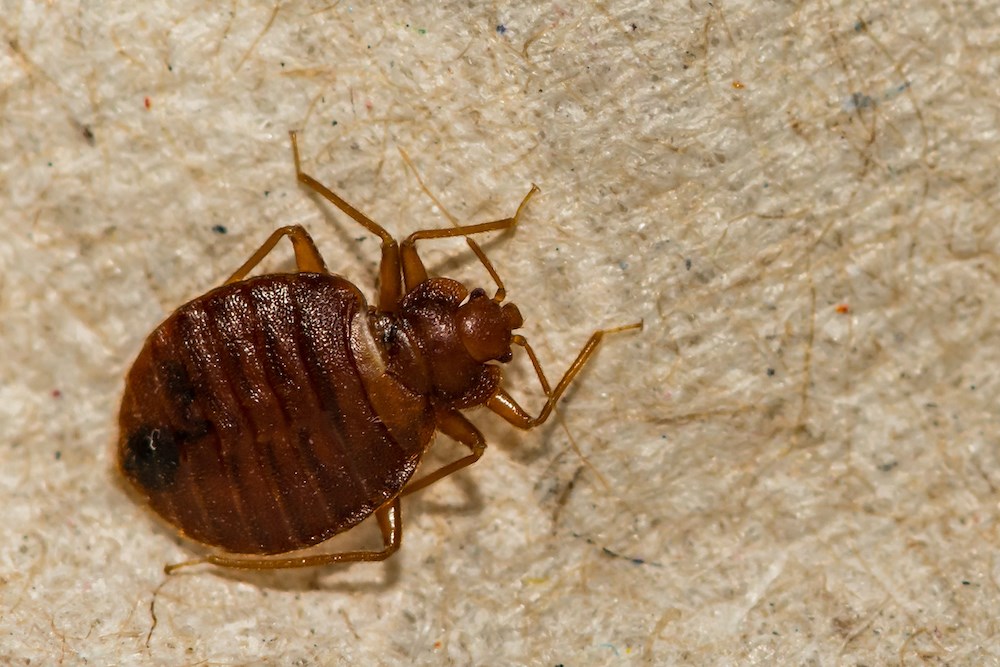WORCESTER — The City of Worcester’s Inspection Services and Department of Public Works have provided updates on 12 ways the city is dealing with rats and other rodents.
In January 2022, the City’s Inspection Services (ISD), DPW and Legal Department issued 12 recommendations and proposed ordinance changes for handling rodents and litter in yards and on public walkways.
In May 2022, the city changed three ordinances: harassment, graffiti, and solid waste. The ordinance now gives property owners five days to clean up any nuisance, and then the city can take action by either referring the writ of execution to the central housing court or to the city’s developer to mitigate the nuisance and then a lien against the property to be recorded in the register of deeds.
As of July 1, 2022, the DPW has processed 2,421 work orders related to solid waste violations, and since the regulation was amended, 43 liens for work on private property have been registered by the inspection services.
In a memo to acting city manager Eric Batista, the departments listed updates to the recommendations, including keeping an updated map of all rat and rodent complaints in the city. From July to October 2022, 187 complaints about rats were filed with the city.
Last month, the Public Health Council approved updates to the Massachusetts State Sanitary Code that require owners of homes with two or more units to keep the premises free of infestations and be responsible for pest control, as well as conduct an inspection of each unit prior to new occupancy to detect the presence of pests.
The 12 recommendations are here:
- Maintain an updated GIS map of all rat/rodent complaints and areas where trapping, poisoning or other control activities are or have been taking place.
- Updated the awareness brochures and improved the DPW and ISD websites to include additional information on rat and rodent infestations, control and prevention – including links for applications for outdoor ISD inspection and control.
- Distribute leaflets in areas where rat complaints have been recorded and verified, where complaints about littering are persistent, or where other conditions would provide rat sanctuary opportunities.
- Regularly inspect all food establishments to verify waste handling, storage and containment.
- Establish a rat control program for all dwellings of four (4) dwellings or fewer, with coordination of inspection services and private rodent control contractors.
- Develop and distribute educational materials aimed at preventing rats from accessing dumpsters. Ask waste disposal companies for waste container locations.
- All demolition projects must certify that a rodent inspection and control program was implemented prior to demolition.
- For all major construction projects that involve gutting, selective demolition, or ground movement, obtain certification that a rodent inspection and control program has been completed prior to issuing building permits.
- Require all major infrastructure projects to certify that a rodent inspection and control program has been completed prior to issuing permits or beginning work.
- Bait drains in areas or along corridors where rat ailments are most prevalent.
- Require all residential properties to place garbage bags in a weatherproof and rodent-proof container before placing bags at the curb for municipal or private contract pickup.
- Proposing changes to the regulation to facilitate the timely removal of solid waste or garbage, obstructions, brushes or other items from public and private property to improve health, safety and quality of life.





%20The%20Last%20Survivors%20Project_%20Jose%20Nunez-Mino.jpg)
